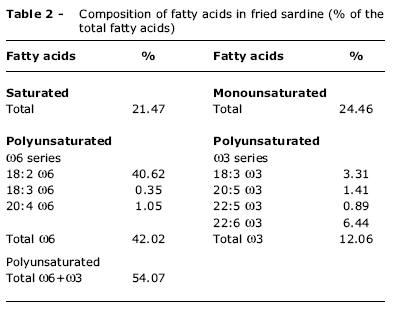Sardines
Sardines may not enjoy the popularity of other fish, but they're one of the most nutrient-dense foods on the planet. Sardines are a natural multivitamin and they are one of the few healthy canned portable foods. Plus they are cheap! Sardines are all wild and not farmed. Sardines are full of Vitamins and minerals, but low in calories and great for heart health. You can eat sardines cheaply fresh or canned, as it doesn't really make a difference. Vitamin D is an aromatase inhibitor, so it will stop free testosterone from being converted to estrogen. But remember that the cheapest form of vitamin D is from sunlight! Sardines are also rich in selenium, which is a proven testosterone booster and critical to heart health.
100g (210 calories) of sardines contains:


- 12% total fat.
- Omega-3, 70+% RDA (0.6g)
- Vitamin B12, 350% RDA
- Vitamin B3, 35% RDA
- Vitamin D, 60% RDA
- Calcium, 40% RDA
- Iodine, 30% RDA
- Selenium, 100% RDA
- Phosphorous, 70% RDA
- Choline, 20% RDA
Eyesight
Results from observational studies suggest that people who consume higher amounts of fatty fish or dietary omega-3s have a lower risk of developing AMD (Age-Related Macular Degeneration).
Sources: draxe.com, scieolo.br, mercola.com
